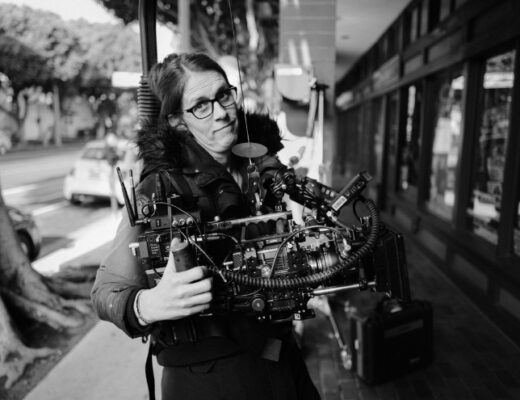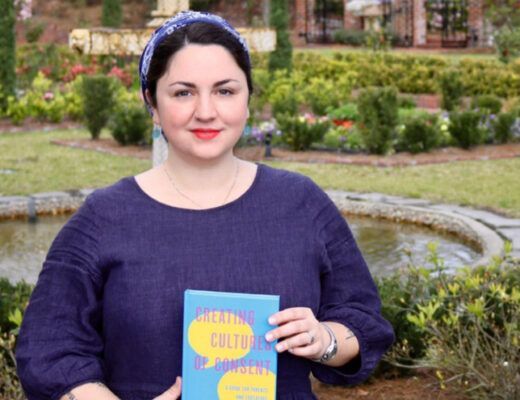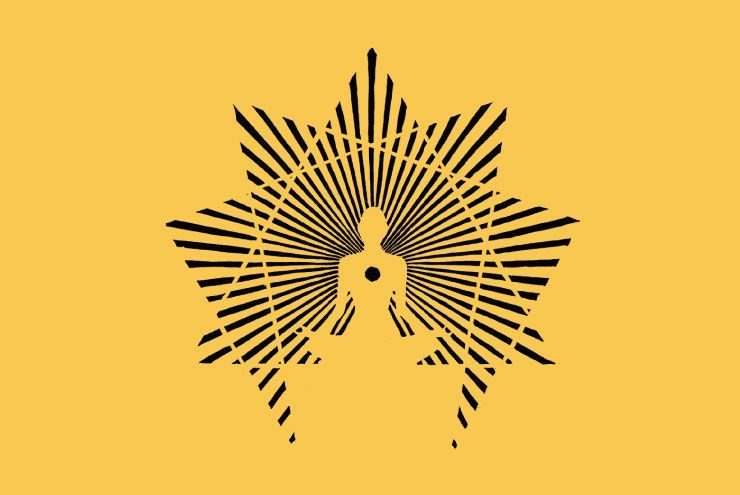By James Lee
For far too long, conservatives have claimed a monopoly on faith. And if the past few years are any indication, they aren’t letting up any time soon. Republican lawmakers are having a renewed romance with discrimination under the guise of religious freedom. From religious refusals in healthcare and discrimination in adoption procedures to the right to refuse service in business, there seems to be an unending assault on equality in the name of faith. I think it’s time Democrats push back on this narrative and have an honest conversation about faith and the vital role faithful progressives will continue to play in our party.
I am the first to admit that it’s not easy talking about faith and God. Like politics, these conversations evoke powerful emotions that, for some, are at the very core of our identity. My own journey with faith has not been an easy one. In 2005, President Bush and the Republican Party fought for a ban on same-sex marriage because, as they put it, it was an assault on “traditional values.” I didn’t understand the political ramifications then, but the fight would come to change my life in a profound way.
My family had always been very active in our church. My parents taught confirmation classes for years and volunteered as lay ministers most of my life. For a time, I was an alter server, assisting the priest and deacons during Mass. I even got my first job at church. Naturally, I spent a lot of time thinking about my beliefs and, when the political debate over same-sex marriage reached my parish, I wondered if I still had a place in the Church.
As I grew up, the thought of God and church evoked feelings of hope and refuge, but all of that came crashing down as the Church entered the culture wars of the early 2000s. Suddenly, church became an institution that continually reminded me that I didn’t deserve happiness, and that something about me was inherently wrong. It was far from the safe haven I had learned to love as a child. I tried holding out for a time, but every Sunday felt like a battle and, by the time I graduated from high school, I left the Church.
Nearly 10 years after the debate on same-sex marriage, I found my faith again in the Episcopal Church. It was there that I found a community that was not only welcoming of me as an openly gay young adult, but a theology and tradition that was liberating, uplifting, and unifying. Suddenly, something within me came back to life and it was wonderful. But I was left wondering, can I be a person of faith and a Democrat? After all, every experience I had with faith and politics had been associated with Republicans, and I had yet to see people of faith represented in the Democratic Party.
In the years following, I witnessed faithful people and leaders in my church fight for the rights of immigrants, women, underserved communities, and people of all backgrounds. I have been inspired as members of my own parish have stood up against bathroom bills, fought for women’s health, and held their ground against racism in our state legislature. Through these experiences, I have come to realize that church and the faithful still play an important role in our society—not just by standard work for those in need, but by speaking up for good policy and working toward the kingdom of heaven for all people, a theology not unlike the Democratic Party’s fight for freedom and justice for all. It was then that I realized Democrats have a lot more in common with progressive people of faith than I had ever imagined.
There are millions of people out there with stories like mine, and even more struggling in the same way today that need to know they have a place in our party—that we not only welcome the faithful, but we will celebrate them in leadership. Like the liberation movements of the past, we need leaders who are willing to talk about faith and the importance it plays in our society today. We need to let people know that Democrats are people of faith too, and that, in our party, faith unifies, not divides.
James Lee is the Hispanic Caucus State Committeeman of the Texas Democratic Party, representing Hispanic Democrats from across the Lone Star State.
Early voting for the Texas primaries runs from February 20-March 2, 2018. Election Day is Tuesday, March 6, 2018. For Harris County early voting locations, click here. To find your Harris County Election Day polling location, click here.
If you have further questions, feel free to reach out to us at [email protected]. We’re happy to help connect you with resources.







